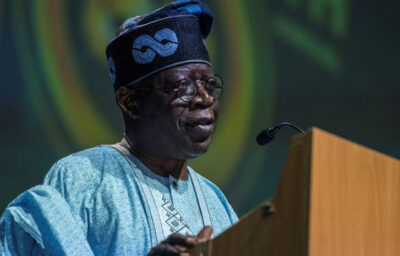International
Monetary Fund (IMF) member countries sought to bridge sharp differences
over the global economy, acknowledging that rising inflation in
emerging markets poses a risk to rich countries too.
Addressing one of
their biggest challenges, the 187 IMF nations on Saturday recognised
the alarm among developing countries about huge inflows of speculative
cash that are stoking their growth but also their inflation rates.
“When inflation
goes up in emerging markets, it’s not just an emerging market problem,
it’s a global inflation and possibly interest rate problem,” said
Singapore Finance Minister Tharman Shanmugaratnam, who chairs the IMF’s
steering committee.
Top finance
officials, in Washington for a twice-yearly meeting of the IMF, argued
over the dangers posed by high government debt and super-low interest
rates in sluggish, rich countries and the risk of overheating in
developing economies.
“It’s one of the
most difficult policy moments, one of the most complex challenges I’ve
ever seen, certainly in my lifetime,” Angel Gurria, head of the
Organisation for Economic Cooperation and Development, told Reuters.
The increased focus
on the pitfalls in the policies of wealthy nations is part of a shift
at the IMF to be more attentive to increasingly influential emerging
powers. Countries such as Brazil have struggled to cope with waves of
yield-chasing “hot money” which pushes up inflation.
Biggest threat
World Bank
President Robert Zoellick called rising food prices “the biggest threat
to the world’s poor.” The World Bank estimates another 10 percent rise
in the food price index could add 10 million more people to the 44
million already thrust into poverty over the last year.
“We risk losing a generation,” Mr Zoellick said.
Aware of stiff
opposition in some emerging countries to any limits on how they manage
the inflows that drive up prices, IMF members said the policies that
lead investors to chase higher returns in other emerging economies also
need oversight.
Mr Tharman said
inflation in the developing world, if unchecked, could spread to rich
economies already shouldering large deficits. That would push up
borrowing costs and threaten the recovery from the worst global
recession in decades.
“We have learned
from painful experience in the last few years that nothing is isolated
and that risk in one region…. rapidly gets transmitted to the rest of
the world,” he said.
The IMF committee
said the global economy was strengthening but that policy action was
needed given “significant risks.” It also sought proposals to
strengthen IMF surveillance of “countries that pose the largest
systemic risks.” The Group of 20 developed and emerging economies on
Friday delayed a decision on contentious guidelines for when countries
may use capital controls.
The G20 did agree
on Friday to a plan that could put more pressure on the United States
to fix its deficits as well as push other leading economies, including
China, to address their own shortcomings.


